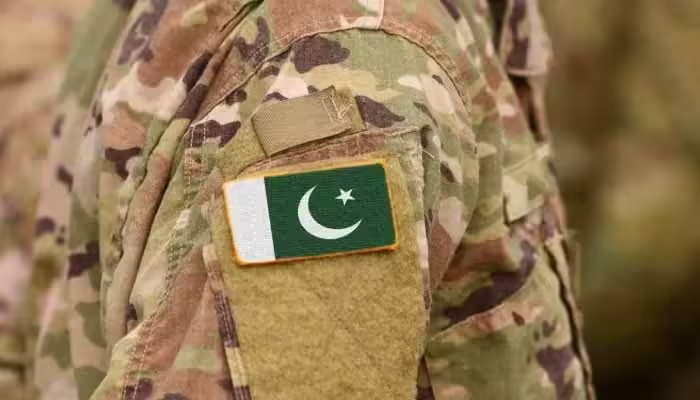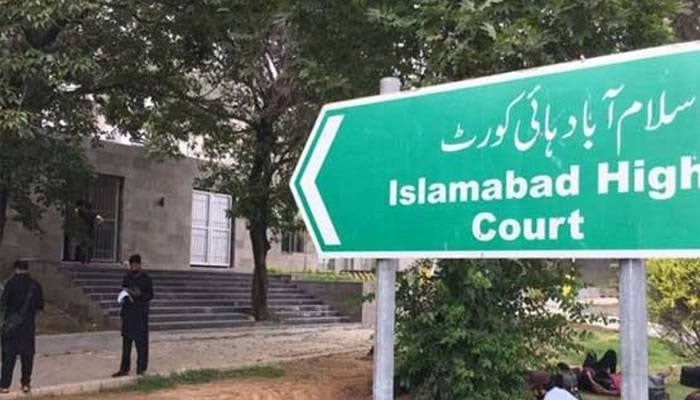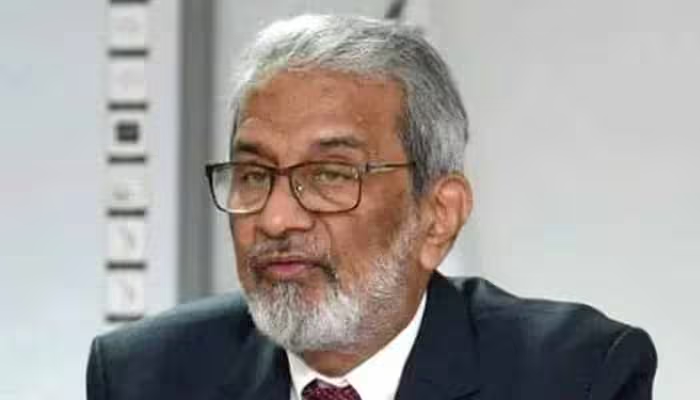The Pakistan Army has firmly reiterated its neutral stance, stating that it will not engage in any political negotiations with political parties, including Pakistan Tehreek-e-Insaf (PTI). According to high-ranking sources, the army’s role remains strictly non-political, in line with the principles of the constitution and law. This clarification comes amidst speculation regarding possible deals or arrangements between PTI and the military establishment.
In an exclusive discussion with The News, a source within the military establishment, who spoke under anonymity, emphasized that any discussions, negotiations, or political compromises are solely the responsibility of political parties. “The army has nothing to do with such matters. Political discussions are the domain of politicians, and it is up to political parties to negotiate and make concessions,” the source stated.
The military source reiterated that the army’s position has been clear since May, following a press conference by DG ISPR Lieutenant General Ahmed Sharif, where the spokesperson reinforced the army’s non-political role. The source explained, “Our position has not changed. As the DG ISPR clarified, the army does not involve itself in politics.” The statement underscores that the Pakistan Army’s role is confined to its constitutional duties, and it maintains professional relations with any government in power, without political influence.
The source also revisited the statements made by DG ISPR in May, when the spokesperson was asked about the possibility of a “deal” involving PTI and the military. In response, DG ISPR emphasized that the military had no political role and did not wish to become involved in any party’s affairs. The DG ISPR affirmed that the military respects all political parties but made it clear that communication with any political party that disrespects the institution of the army would be off the table. This was seen as a direct message to PTI and its leadership following certain public remarks against the army.
The source underscored that any political party seeking to rebuild a constructive relationship with the state’s institutions must take an approach focused on peace and unity, not confrontation or division. “If a group has resorted to politics of aggression, it is their responsibility to reconcile by extending an apology to the nation and committing to constructive, issue-based politics. It is inappropriate to involve the military in such matters,” he added.
The army source clarified that the military’s role is purely defensive and non-partisan. The Pakistan Army respects political diversity but has zero tolerance for actions or rhetoric that directly challenge or undermine its integrity. This sentiment has grown amidst growing speculation over PTI’s potential negotiations with the establishment.
According to defense sources, any attempt by PTI or its leader, Imran Khan, to secure relief or concessions would have to be channeled through political avenues rather than through any military backing. These sources suggest that PTI would need to engage with government representatives and other political parties to find a resolution or establish dialogue, rather than expecting intervention from the army.
The Pakistan Army’s stance reaffirms its commitment to staying neutral in political matters, and it has urged all political parties to handle their discussions independently, without dragging the institution into political conflicts. The clear message from the army is that it remains focused on national security and constitutional obligations rather than being drawn into the political arena.
This stance by the army sends a strong message regarding its apolitical role in Pakistan’s governance structure. The policy remains unchanged, as previously announced, and the Pakistan Army expects all political actors to respect its neutrality while they resolve their issues through democratic means.
In a divided political landscape, the Pakistan Army’s decision to maintain its non-interference policy could serve as a stabilizing factor. By urging political leaders to engage with one another without expecting military intervention, the army underscores the importance of democratic institutions and lawful processes.
As the country navigates a period of political uncertainty, the army’s position could encourage parties to adopt a more collaborative approach toward governance. With this reaffirmation of neutrality, the Pakistan Army sends a clear message that political stability lies in the hands of Pakistan’s elected leaders, who must work together to address the challenges facing the nation.



